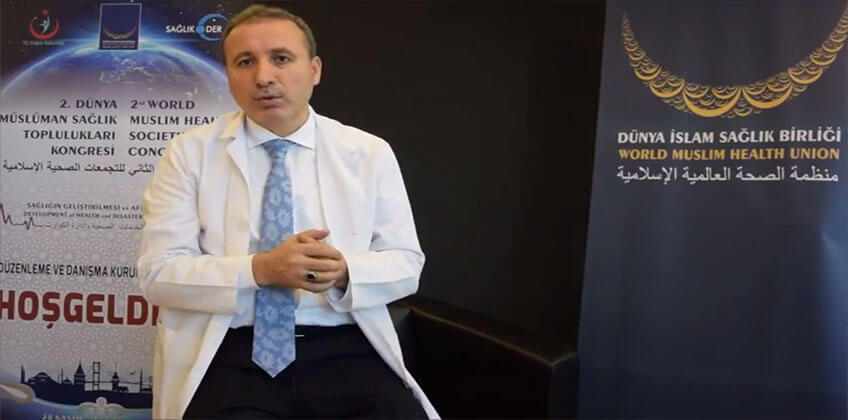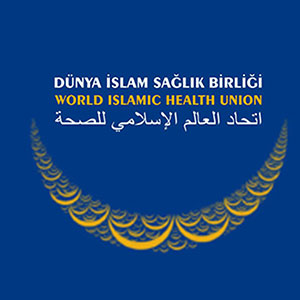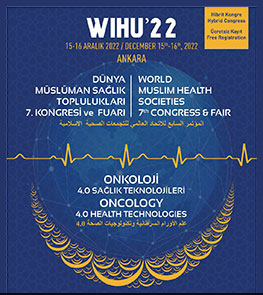Our Objective
According to the data from The World Bank (WHO), average life expectancy in regions where Muslims now live intensely is lower than other countries. Some studies are being worked to resolve the problems in health conditions as a fundamental need of every human being and also increase of the average life expectancy in Muslim Countries.
Dr. Kasım SEZEN, who will chair at the 2nd World Muslim Health Societies Congress (http://www.worldmuslimhealth.org/) on 28 November-01 December 2017 in Istanbul, noted that the average lifespan in regions where Muslims now live intensely is 65 years and considerably less than that of non-Muslim countries, which this average is 79 years.
Kasım SEZEN said that the difference of the 14 years between the regions is long period of time in deference to the data from WHO and the main reason for this is a lack of it’s depend on unhealthy living conditions. In particular, he added, “The main target of the congress, which health leaders from all Muslim regions will participate, provide for urgent health needs to least developed countries in the field of health mainly in Africa and Southern Asia. And then, mentioned countries will be reached to the modern health conditions, such as the second target of the congress.”
Kasım SEZEN said that, related to WHO, “We are in the opinion that they does not serve equally well for the whole of humanity”. In this regard, he emphasize the following: “Average lifespan is 79 years in the USA, 83 years in Switzerland, and 82 years in Israel, but however, the average lifespan in Turkey, Qatar, and Azerbaijan which is leader countries in the Muslim regions had fairly low for the years of 75, 78, and 78 respectively. The average, moreover, fell up to 50 ages in Chad and The Republic of Central Africa. Actually, these indicates that no health services reach equally everywhere in the world due to the effects of political and economic characteristics of countries. Generally, people suffering from massacres, hunger, poverty, and oppression are unfortunately Muslims. Aid agencies cannot provide adequate service in this regard. Furthermore, some areas are neglected... Changing of these deficiencies and negligence is our greatest goal. These deficiencies can be solved by collaborating and combining of forces, which we know very well… Our target, as Muslim Healthcare providers, provide healthcare in the best way for people; which be wronged, struggle against poverty, and even are have totally forgotten.”
Mr. Sezen expressed his belief that Muslim countries such as Turkey, which became a role model all over the world by taking big steps to improve health care, as many other areas, can also set an example for Muslim Countries. In this context, he added that various committees at the congress will be carried out establishment of health organization in Muslim nations, overcoming the deficiencies of health system, providing training for all health-care staff, and increase the applicability of current medicine.








